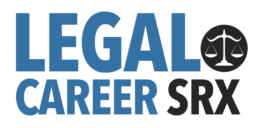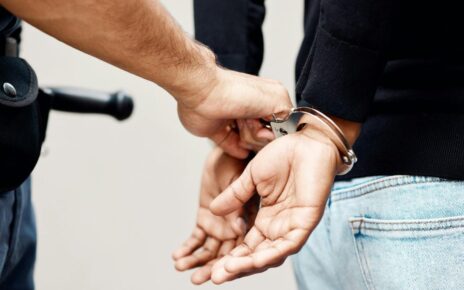A criminal defense relies heavily on the role of forensic experts to ensure a fair and effective defense. Forensic experts bring specialized knowledge and scientific techniques to criminal cases, assisting defense lawyers in analyzing evidence, uncovering the truth, and challenging the prosecution’s claims. Forensic experts possess expertise in analyzing physical and digital evidence, providing invaluable insights into the scientific aspects of a criminal case. Investigating crime scenes, preserving evidence, and analyzing and interpreting various types of evidence require advanced laboratory techniques. From DNA analysis and fingerprint comparison to digital forensics and ballistics examination, forensic experts play a vital role in uncovering the truth and evidence.
Forensic experts often provide expert witness testimony in court, sharing their professional opinions and explaining complex scientific findings to judges and juries. Their testimony is crucial in challenging the prosecution’s evidence and presenting alternative explanations or interpretations. By effectively communicating scientific concepts clearly and understandably, forensic experts strengthen the defense’s case and contribute to a fair and balanced legal process. Crime scene reconstruction experts provide in-depth insight into how crimes are committed. Through careful analysis of physical evidence, such as blood spatter patterns, bullet trajectories, and tire marks, they reconstruct the sequence of events and challenge the prosecution’s narrative. This reconstruction reveals inconsistencies, raises doubts, and supports the defense’s version of events.
Forensic experts collaborate closely with defense lawyers to assess and scrutinize the forensic reports provided by the prosecution. Reviewers examine methodologies, examine the accuracy of findings, and identify possible errors and biases. Their expertise allows them to identify weaknesses in the prosecution’s forensic evidence, enabling criminal defence experts in toronto to mount strong challenges and present counterarguments effectively. In many criminal cases, the prosecution presents its expert witnesses to support its claims. Forensic experts play a crucial role in evaluating the expertise and credibility of these witnesses. They analyze the methodologies, procedures, and conclusions presented by the prosecution’s experts, identifying any inconsistencies or flaws. This evaluation enables defense lawyers to cross-examine prosecution witnesses effectively and challenge their credibility.
Their objective analysis of the evidence and scientific expertise uncover alternative theories, raise reasonable doubt, and present a compelling defense strategy. By offering unbiased perspectives, forensic experts contribute to a fair legal process and ensure that all relevant evidence is thoroughly examined. Forensic experts play a crucial role in investigating allegations of misconduct or errors in forensic analysis. They review case files, examine laboratory procedures, and assess the integrity of the evidence-collection process. If misconduct or errors are identified, they raise concerns and present evidence of such issues to the court, potentially leading to the exclusion or reevaluation of compromised evidence. They provide valuable contributions during the sentencing phase of a criminal case. Defendants’ mental health, substance abuse, or traumatic experiences mitigate their guilt. By providing scientific evidence and expert opinions on these matters, forensic experts influence sentencing decisions, advocating for fair and proportionate outcomes.





